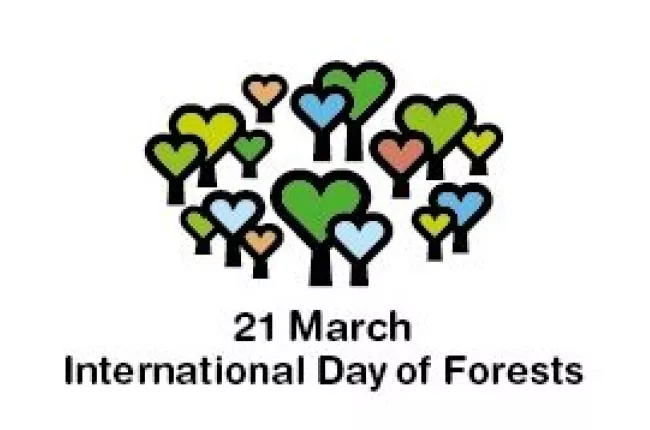Forests are essential to global food security, supporting billions with food, livelihoods, and ecosystem services. As efforts to protect them continue, sustainable practices remain key to ensuring their benefits for future generations.
In 2025, the International Day of Forests highlights the theme of "Forests and Foods," recognizing the vital contributions of forests to food security, nutrition, and livelihoods. Beyond providing food, fuel, and employment, forests maintain soil fertility, protect water resources, and sustain biodiversity, including essential pollinators. They are essential to forest-dependent communities, including Indigenous Peoples, and contribute to climate change mitigation by storing carbon.
More than five billion people rely on forests for food, medicine, and livelihoods. Nuts, fruits, seeds, roots, leaves, mushrooms, honey, wild meat, and insects provide essential nutrients, particularly for rural and Indigenous communities. Woodfuel remains a primary cooking energy source for over two billion people worldwide.
Forests support agriculture by providing homes for pollinators, maintaining healthy soils, and enhancing rainfall. They also contribute around 20% of rural household incomes, improving access to diverse and nutritious diets. Wild meat is a crucial protein source, with over 3,200 species of wild animals used for food.
Acting as safety nets during crises like failed harvests or conflicts, forests provide essential resources for survival. They are also integral to global water security, supplying freshwater to over 85% of major cities. Sustainable forest management can enhance water quality for 1.7 billion urban residents, strengthening food and water security.
Preserving forests remains a priority in 2025, ensuring their vital role in sustaining communities and ecosystems. Sustainable practices are key to protecting these natural resources for future generations.
Over the last decades, forest owners have managed their forests with multifunctional objectives to meet society’s numerous and changing demands. Continued improvement is always needed and we are eager to evolve, innovate and adapt.
Sustainable forest management is a dynamic concept, ever-evolving with our knowledge and understanding of forests. Therefore, we, the forest owners, commit to:
- Continuing to optimise sustainable forest management.
- Contributing to mitigate and adapt to climate change.
- Strengthening cooperation with the scientific community.
- Enhancing cooperation with the whole value chain.
- Mobilising more forest owners to manage their forests.
- Improving communication towards the public.
- Fostering links between young and old, rural and urban, and between different socio-economic classes.
Discover our Manfesto to learn more about Forest Owners' vision, achievements, commitments and requests:

The “International Day of Forests” was first established by the decision of the United Nations General Assembly on 28 November 2012. It is celebrated every year on March 21st, uniting two international commemorations: the “World Forestry Day” and “Forest Day”.




